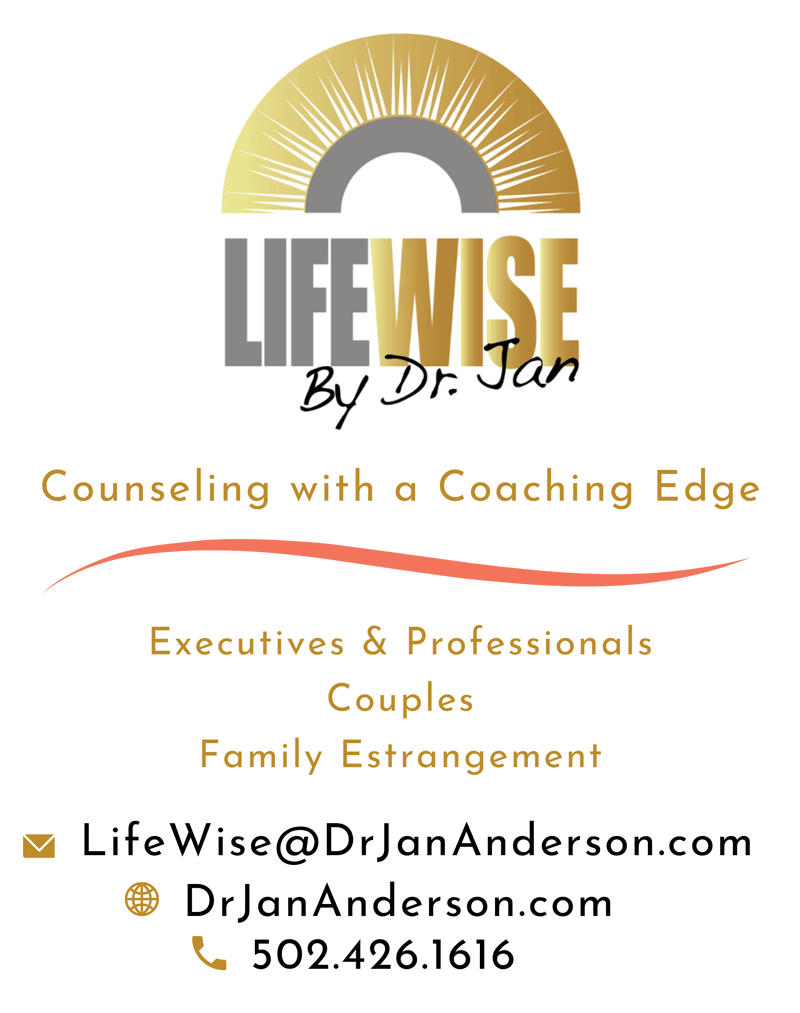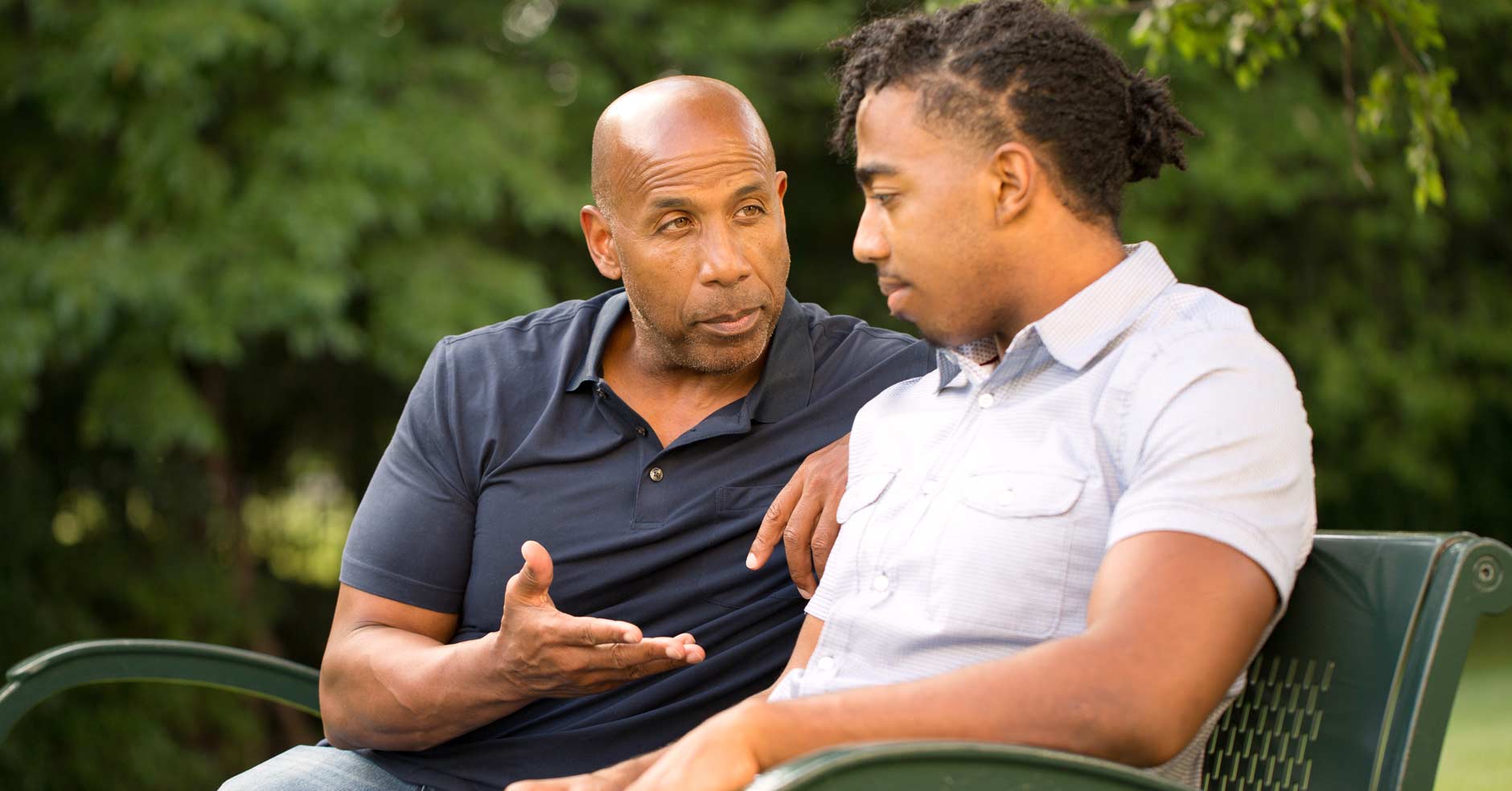Parents call it estrangement. Adult children are more likely to call it no contact.
Regardless of what you call it, the near epidemic of adult children cutting off their parents is a thing. It used to happen primarily to parents who severely abused their children. Or your ex turned your kid against you or made them choose sides, and they didn’t pick you. Today’s young adults seem to have more reasons than ever to break up with their parents. Nowadays, it’s just as likely to be your daughter-in-law or son-in-law driving the estrangement. Or your adult child may decide to dump you based on differences in politics, personality, or lifestyle. The cut-off may be accompanied by demands that you apologize, observe their boundaries, get your own therapy, or just go away.
I wouldn’t wish parent adult-child estrangement on my worst enemy.
How Estrangement Really Works
Estrangement counseling is one of my specialties. I write about this incredibly painful topic often for MD-Update and on social media. As my knowledge keeps evolving and unfolding, I keep sharing what I’ve seen and learned from this FGO (freakin’ growth opportunity) we call estrangement.
Here’s the good news: Most of the traps parents fall into are due to people just being human. Even so, one of the great things about humans is that we’re intelligent and adaptive. Our human nature may predispose us to fall into traps, but we’re also pretty good at figuring out how to get out of them—and updating our mindset so we don’t fall into the same trap again.
Let’s start with some hardball about how estrangement really works. Then, we’ll focus on two primary skills that can help you reduce the sheer suffering of estrangement and increase your chances of reconnection with your adult child.
Mindset Update 1: Recognize that your adult child may be unwilling or unable to work on the relationship with you.
It’s not unusual for you as a parent to want more closeness and connection with your adult child than they want with you. Even so, realizing you’re no longer that big a priority in your adult child’s now-overcrowded life can sting.
When it comes to estrangement, your adult child may not feel anywhere near the sense of urgency you do about healing the rift. With lots of life ahead of them, it’s easier for your adult child to take the position I don’t want to. And you can’t make me
It’s also possible that your adult child may not have the capacity to do the psychological work required for reconciliation and reconnection. They may not (yet) have the emotional intelligence and social skills necessary to handle conflict, especially with a former authority figure like you.
Heck, do you know anyone who’s naturally good at conflict resolution? If your adult child is conflict-avoidant (aren’t most of us?), they may see the only way to handle the hot potato of conflict with an extreme form of avoidance—no contact. It may be extreme, but you have to admit it’s a simple, black-and white solution.
If confronted, your adult child may display the annoyingly human tendency to get defensive and counterattack. They may find it easier to make you wrong or bad to justify their decision to cut you off. Let’s face it: It’s simpler and requires much less strategic thinking and negotiating skills.
Mindset Update 2: Recognize that the balance of power has shifted.
In the beginning, when your adult child starts saying and doing things you don’t like, it’s easy to forget that the balance of power has shifted. From a negotiating standpoint, you are now in a one-down position.
Here’s an example. Your adult child may have a very different recollection of their childhood and perception of your parenting. The way your adult child remembers it or sees it now may not seem fair—or even accurate— to you. It’s natural to feel a need to object or question your child’s perception. It’s natural to expect that you deserve a chance to defend or at least explain yourself and put things into perspective. It’s also a trap.
As a conflict resolution strategy, it’s a trap to lead with trying to talk your child out of their feelings and convince them that they’re wrong. But it’s not a good move for you to do this at this stage of negotiations. It’s a matter of timing.
That doesn’t mean your feelings don’t count and don’t need to be processed. For now, process your feelings with someone else.
Mindset Update 3: Rethink what you’re getting from your current strategies.
What do you get when you go Rambo?
When you’re feeling helpless rage or righteous indignation, resorting to threats, coercion, or retaliation is easy. These power plays are tempting because they may bring you a few moments of brief relief.
Here’s what a power play costs you: Relationship repair. So you won the battle. Yay for you. You just lost the war.
What do you get when you go covert and clandestine?
When you’re feeling powerless, it’s easy to fall prey to guilt trips, subtle pressure, and other forms of manipulation. Here’s why these covert power plays are so tempting: They may work! You may succeed at making your adult child feel guilty or pressured. Just don’t expect that to make them then want to be with you.
Here’s what covert power plays cost you: Relationship connection. Why would your adult child want to be around someone who makes them feel bad?
What do you get when you go desperate?
You’d think that acts of sheer desperation would trigger some empathy from your adult child. One distraught father told me, “If my daughter could only see how much this estrangement is tearing me up, I think she’d stop doing this to me.” My response? Don’t count on it. Your daughter is more likely to accuse you of being a narcissist and making it all about you.
The Bigger, Better Offer: Get more resilient. Get more strategic.
The balance of power in your relationship may have shifted, but that doesn’t mean you have to become a victim.
There are ways you can reclaim some of your sanity and learn to strategize better so you increase your chances of getting what you really want: reconnection with your adult child.
It’s a two-pronged approach that focuses on building emotional resilience and strategic thinking skills. The magic of these two skills is that they play off and reinforce each other, so you can start with either one.
Get More Resilient
Focusing on resilience will give you two practical skills to face inner conflict.
- Distress Tolerance: Learning to cope in the moment without making it worse. Distress tolerance is about replacing habitual freak-out behaviors with more effective short-term coping strategies. These simple techniques help you slow things down so you can get grounded physically, regulate your emotions, and get through stressful situations. One of my favorite tools is an app based on research by Dr. Judson Brewer. You can practice in as little as 20-30 seconds and his small moments, many times approach has been shown to be highly effective.
- Emotional Regulation: Emotional regulation focuses on long-term lifestyle behaviors that make it easier to stay emotionally balanced over time. What keeps you in balance? Is it getting enough rest or exercise? Staying in touch with friends? How do you know you’re getting out of balance and making yourself susceptible to getting frayed emotionally? I know I’m in trouble when I find myself eating ice cream for breakfast, explained one of my clients.
Get More Strategic
I suggested earlier that you recognize that the balance of power has shifted. It’s an invitation for you to start thinking strategically about how to renegotiate the terms of relationship with your adult child.
For example, your ability to recognize that you are now in a one-down position is not fun, but it can help shift from a deadlock mindset into a negotiating frame of mind.
In a negotiation, you have to be able to consider more than one perspective. Holding alternative perspectives not only frees up your problem-solving capacity. It also gives you a little relief from the negative emotions attached to one particular view.
What if your adult child isn’t doing this because they don’t care? What if they’re not doing it because they enjoy hurting you? What if they’re in pain, too? What if it’s more about them? What if they’re doing what they think is in their best interest?
Developing your ability to think like this is the estranged parent’s superpower. It enables you to accept what is while simultaneously working for change. It can enable you to let go without giving up. It can allow you to go on with your life without abandoning hope. It can help you to love your child from a distance.
It can even empower you to learn from the experience without being destroyed by it.





